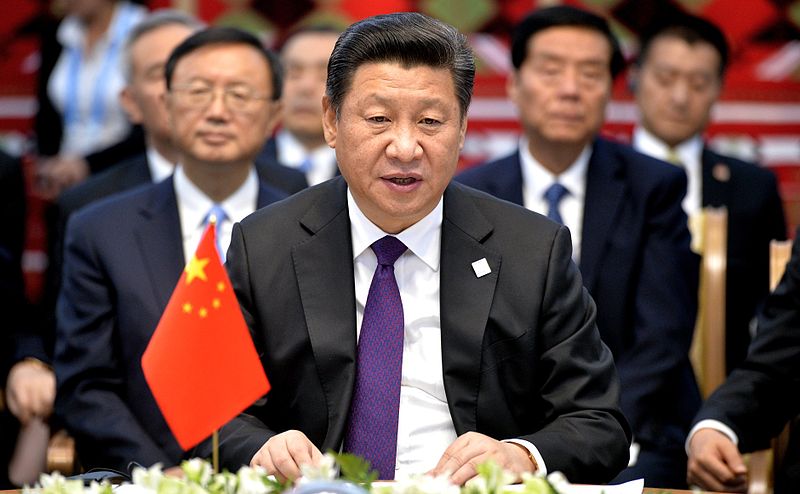On Tuesday, the Chinese military was seen conducting aerial drills over Tibet’s capital Lhasa, days after the US passed a bill to back the Tibetan cause and the Tibetan government-in-exile.In a mobilization order for the training of the armed forces, Xi, who chairs the powerful Central Military Commission, asked the PLA to strengthen military training in real combat conditions and the ability to win.
Xi ordered the PLA to maintain “full-time combat readiness” and to be ready to “act at any second.” The commanders and the soldiers of the whole army must… carry forward the spirit of combat without the fear of hardships and the fear of death,” Russian media outlet RT reported quoting the order.The order signed by Xi has urged the army to “use technology in training” and undertake joint operations in combat and training. He also ordered the use of computer simulations in drills and exploring ways to add more high-tech and online methods into their operations.
The current order to the army marks a departure from his earlier orders, which asked the PLA to “manage crises and deter war”, the South China Morning Post said.In 2020, the world had witnessed China’s aggressive posture along its de facto border with India as well as in the South China Sea.
Aerial Drills in Lhasa
On Tuesday, Hindustan Times reported that China carried out an aerial drill over Lhasa. Photos sourced by the daily showed at least a dozen military choppers flying over the Potala Palace, which once served as the seat of the Tibetan government.

Potala Palace in Lhasa.
The military drill assumes significance as it comes days after the US introduced the Tibetan Policy and Support Act of 2020.Quoting analysts, the report said the drill may be part of Beijing’s effort to “sinicize Tibet that would pick up pace in view of the new US law”.
Sinicisation is referred to as increasing the Chinese influence or that of the majority Han community on other religions and ethnicities. China wants to influence the succession of the Dalai Lama and insists that the successor must comply with Chinese law.The analysts in the report believe China might order “a fresh crackdown in Tibet” if there is even a slight indication of unrest in Lhasa.The region might witness a new wave of dissent as the US law now reaffirms the right of Tibetans to choose a successor to the 14th Dalai Lama. The new law also calls for setting up a US consulate in Lhasa.
Hailing the move as historic and a clear message to China, the Central Tibetan Administration in Himachal Pradesh’s Dharamshala has said: “The TPSA makes it official United States policy that decisions regarding the reincarnation of the Dalai Lama are exclusively within the authority of the current Dalai Lama, Tibetan Buddhist leaders, and the Tibetan people”.The statement underlined that any interference by Chinese government officials will be met with serious sanctions from the United States.
































